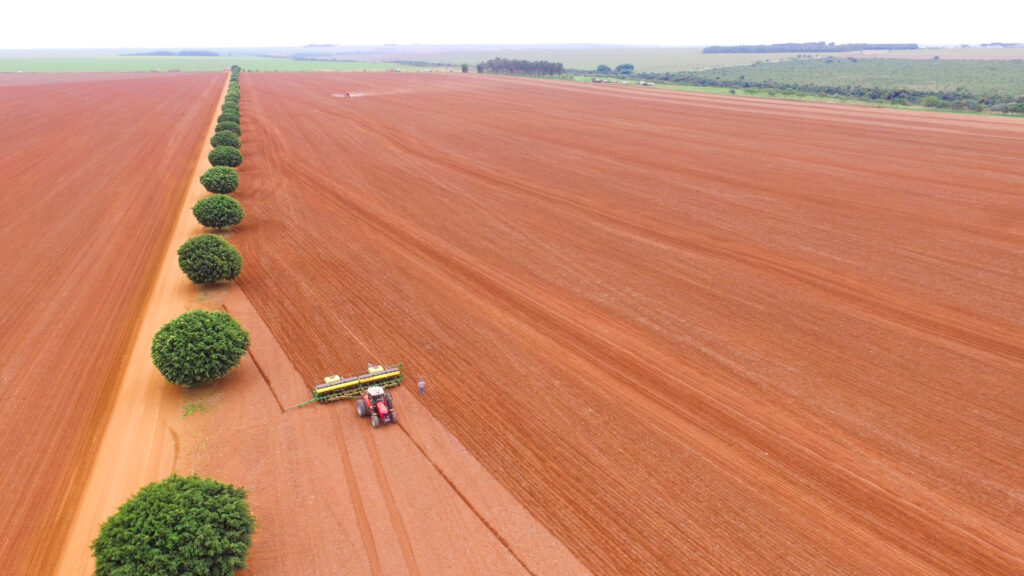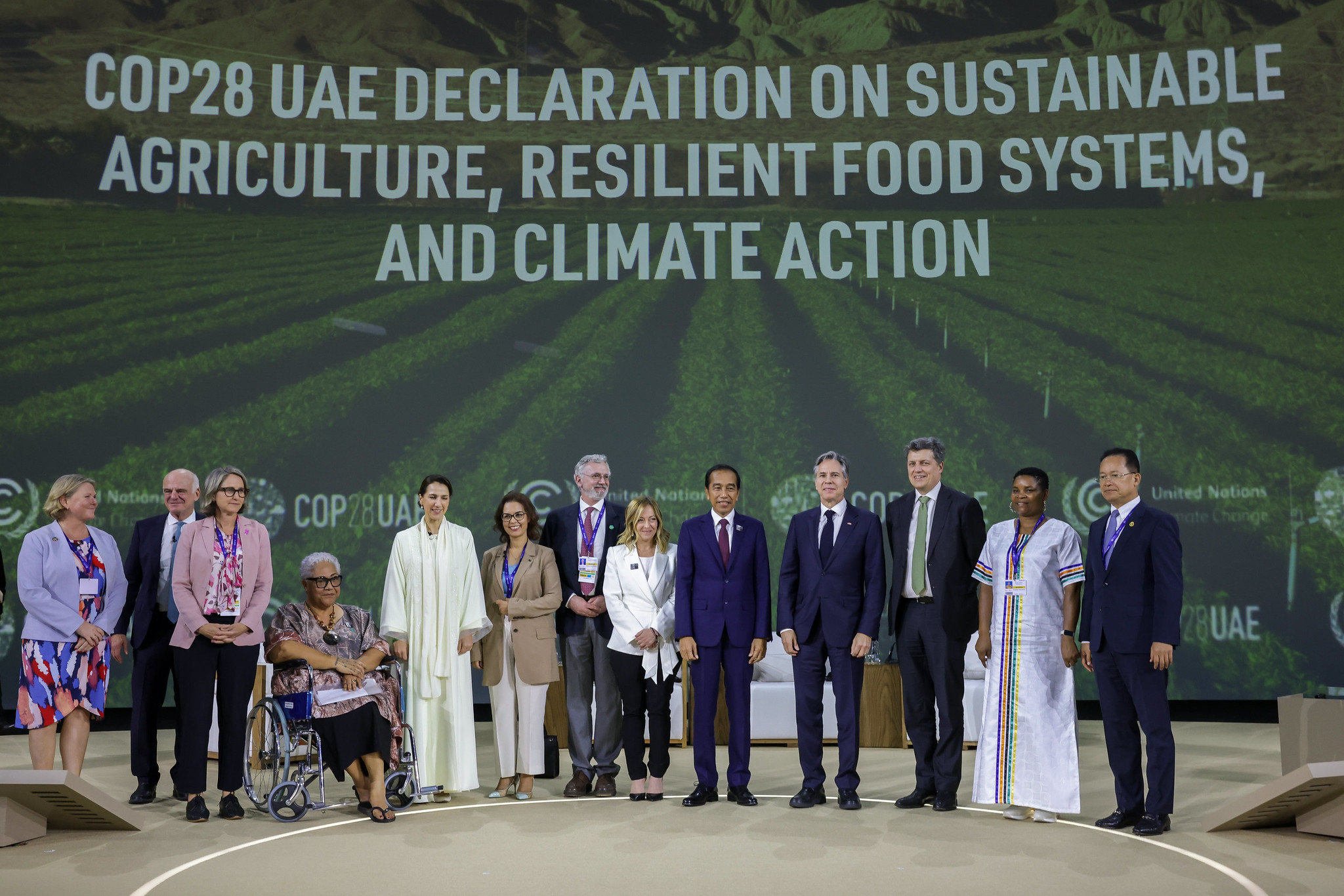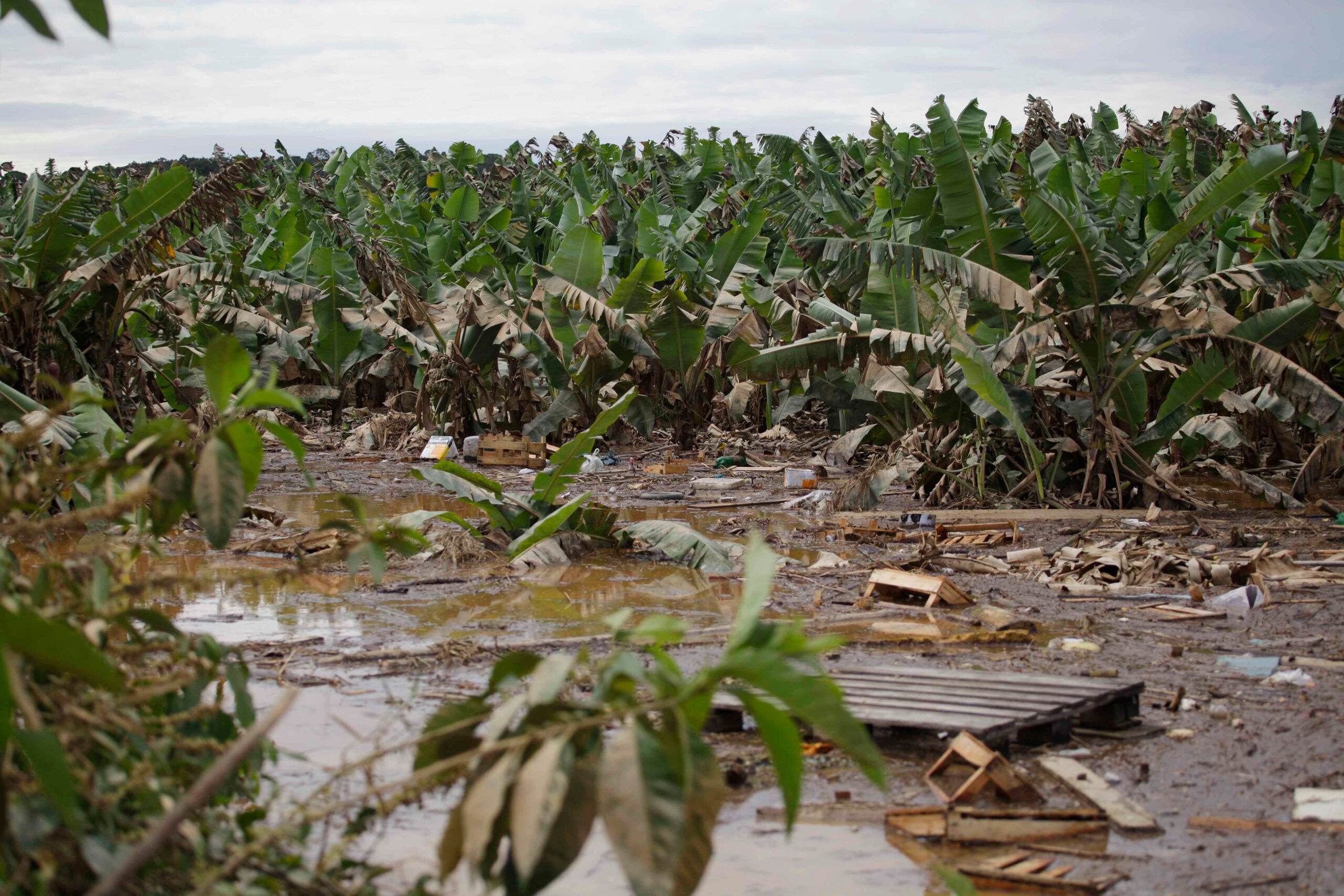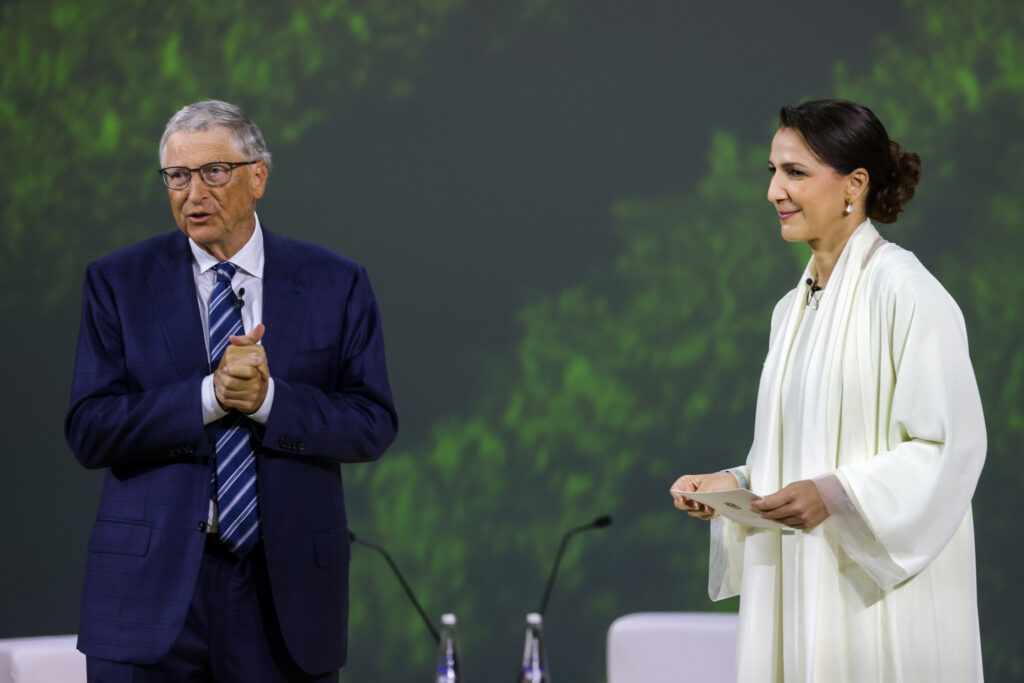

The United Nations Climate Change Conference, which took place from November 30 to December 13 in Dubai, United Arab Emirates (UAE), brought the issue to center stage for the first time since these conferences began, according to the UAE Minister of Climate Change and Environment, Mariam bint Mohammed Almheiri.
The final agreement adopted in Dubai calls for increased ambition and urgent action to meet a number of targets by 2030, including the following: “Attaining climate-resilient
food and agricultural production and supply and distribution of food, as well as increasing
sustainable and regenerative production and equitable access to adequate food and nutrition for all.”
“Food systems are at the nexus of nutrition, improving livelihoods, and climate change, and that’s what makes this sector so complex, yet also full of opportunities,” she said, during an event on December 1.
In Dubai, heads of state and government from around the world endorsed the COP28 UAE Declaration on Sustainable Agriculture, Resilient Food Systems and Climate Action, expressing their commitment to more fully integrate agriculture and food systems into their climate agendas.
“We stress that any path to fully achieving the long-term goals of the Paris Agreement must include agriculture and food systems,” the leaders stated in the declaration. “We affirm that agriculture and food systems must urgently adapt and transform in order to respond to the imperatives of climate change.”

Following a COP28 session on agriculture and climate action, some of the world leaders and speakers who participated posed for a photo. Credit: Christophe Viseux.
Almheiri said that she hoped the declaration—which more than 150 countries had endorsed by the end of the conference—would “help galvanize the political will needed from countries across the globe to transform our food systems in the face of climate change.”
U.S. Secretary of State Antony Blinken laid out some of the challenges: Around the world, he said, 700 million people are chronically undernourished, about half of whom “don’t know where their next meal is coming from—or whether it will come at all.” And, he said, the challenge “is only going to get worse.”
Because of population growth, Blinken said, global demand for food is likely to increase by 50% by 2050, while at the same time, crop yields could drop by as much as 30% due to the climate crisis. “We’ll be feeding more and more people on a planet where growing food will become harder and harder,” he said.
Qu Dongyu, the Director-General of the Food and Agriculture Organization (FAO), also underscored the link between food security and climate change.
“Agrifood systems must be transformed to be more efficient, more inclusive, more resilient, and more sustainable to effectively contribute to food availability, food accessibility, and food affordability,” he said, during a panel discussion that also included representatives of the private sector, the philanthropic community, and nongovernmental organizations.

Agriculture contributes to greenhouse gas emissions in different ways, including through the use of chemical fertilizers.
Agriculture contributes to global greenhouse gas emissions in different ways, such as through the use of chemical fertilizers in the soil and the clearing of forests for crops or grazing. The Climate Change 2023 Synthesis Report—released by the United Nations Intergovernmental Panel on Climate Change in time for COP28—estimates that 22% of human-caused emissions came from agriculture, forestry, and other land use in 2019.
Some studies have estimated that food systems account for about one-third of emissions, when supply-chain activities (such as transport, waste management, and packaging) are factored in.
Since food production must keep growing to keep up with demand, the pressure is on for agriculture to become more productive, sustainable, and resilient to the effects of climate change, including severe droughts, heat waves, flooding, and wildfires.
Smallholder farmers especially need support, according to Elizabeth Nsimadala, a Ugandan farmer who heads the East African Farmers Organization and who spoke at COP28. She urged the countries to act on three fronts: ensure adaptation and agricultural targets remain prominent in COP negotiations; create a fund for smallholder farmers, so that they can innovate and better address the problems caused by climate change; and keep the climate commitments they have made.
“We’ve had enough of talking,” she said. “We need to move to action.”

South of São Paulo, Brazil, a banana plantation sustained major damage from flooding.
At COP28—the acronym refers to the Conference of the Parties to the United Nations Framework Convention on Climate Change—the action included new pledges for addressing food and climate issues.
Minister Almheiri announced that the UAE and the Bill & Melinda Gates Foundation, a philanthropic organization, would each donate $100 million to scale up investment in research and development in agriculture, to be able to adapt food systems to growing climate-related threats.
Bill Gates, who joined the minister on the stage for brief remarks, stressed that the emphasis will be on developing new tools, including through the use of gene sequencing, artificial intelligence, and satellite data. “Of course, we don’t just want these improvements to be in the lab. We want them to scale up,” he said.

At COP28, Minister Almheiri of the UAE and Bill Gates announced a new partnership to provide farmers with high-tech tools to cope with climate change. Credit: Christophe Viseux.
Gates said he first became aware of climate change on a visit to Africa, when he saw how crops were failing due to higher temperatures and began to understand the consequences in terms of human health and children’s futures.
Most of the funds will go into the CGIAR system (the acronym stands for Consultative Group on International Agricultural Research), which is seeking to raise $4 billion over the next three years to expand its work supporting smallholder farmers in low- and middle-income countries. If the organization is able to raise the full amount, it will be able to improve the lives of more than 500 million farmers, according to Gates.
“This is a very fundamental, top-of-the-list thing to address climate adaptation,” he said.
In a news release on December 2, CGIAR announced that it had secured more than $890 million in pledged donations at COP28, including the $200 million from the UAE and the Gates Foundation. The other large donations announced (all in U.S. dollars) included $136 million from the Netherlands, $132 million from the United Kingdom, $100 million from the United States, $100 million from the World Bank, and $51 million from Norway.
CGIAR’s Executive Managing Director, Ismahane Elouafi, said in the release that the world needs research and innovation to address the interconnected food and climate crises. “With growing investment and a strong focus on partnership,” she said, “we can harness the power of science to solve the climate crisis for a food and nutrition secure future.”
The COP28 UAE Declaration on Sustainable Agriculture, Resilient Food Systems and Climate Action lays out five key objectives:
Scaling up adaptation and resilience activities to reduce the vulnerability of farmers, fisherfolk, and other food producers to the impacts of climate change;
Promoting food security and nutrition by increasing efforts to support vulnerable people through social protection systems and safety nets, among other approaches;
Supporting workers in agriculture and food systems, including women and youth, whose livelihoods are threatened by climate change;
Strengthening the integrated management of water in agriculture and food systems to ensure sustainability; and
Maximizing the climate and environmental benefits, while containing and reducing harmful impacts, associated with agriculture and food systems.
“To achieve these aims—according to our own national circumstances—we commit to expedite the integration of agriculture and food systems into our climate action and, simultaneously, to mainstream climate action across our policy agendas and actions related to agriculture and food systems,” the declaration states.
 View Map
View Map